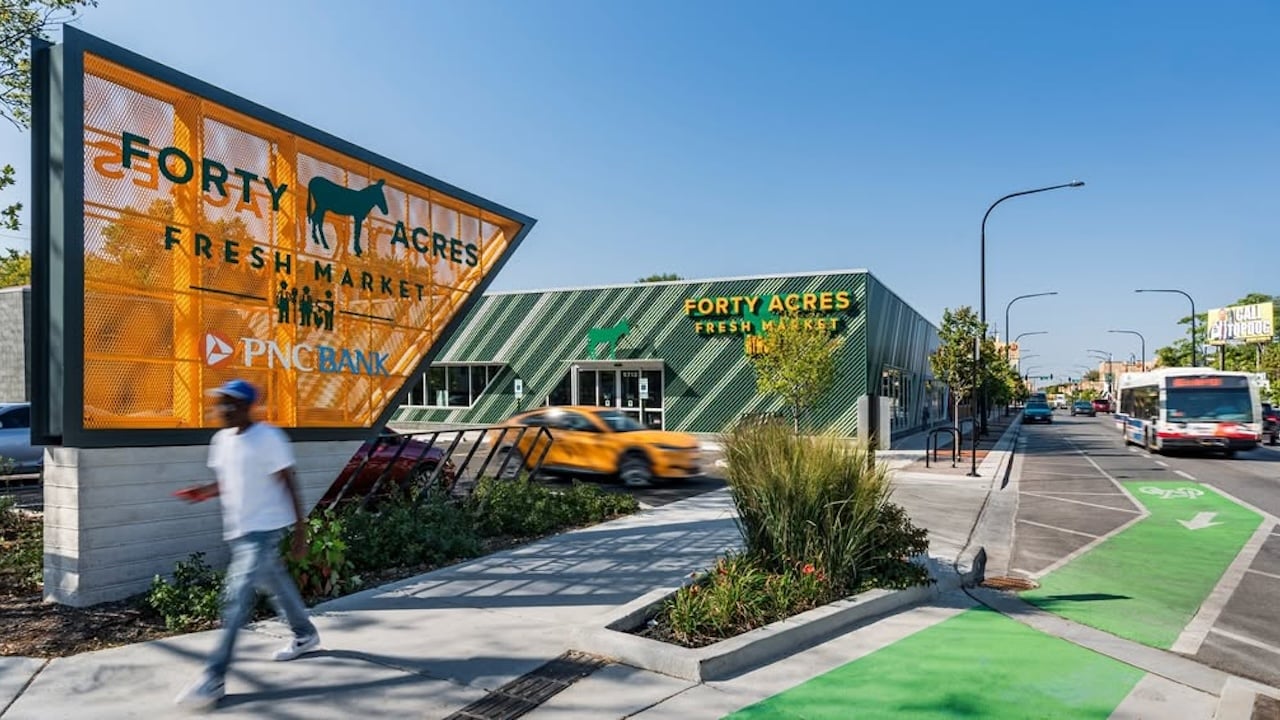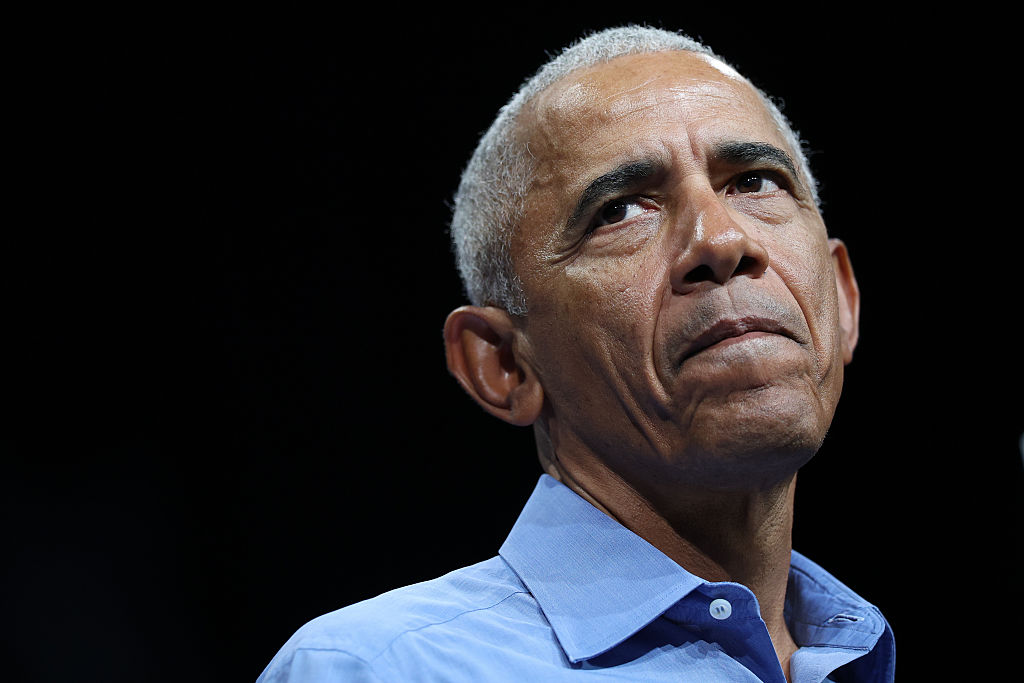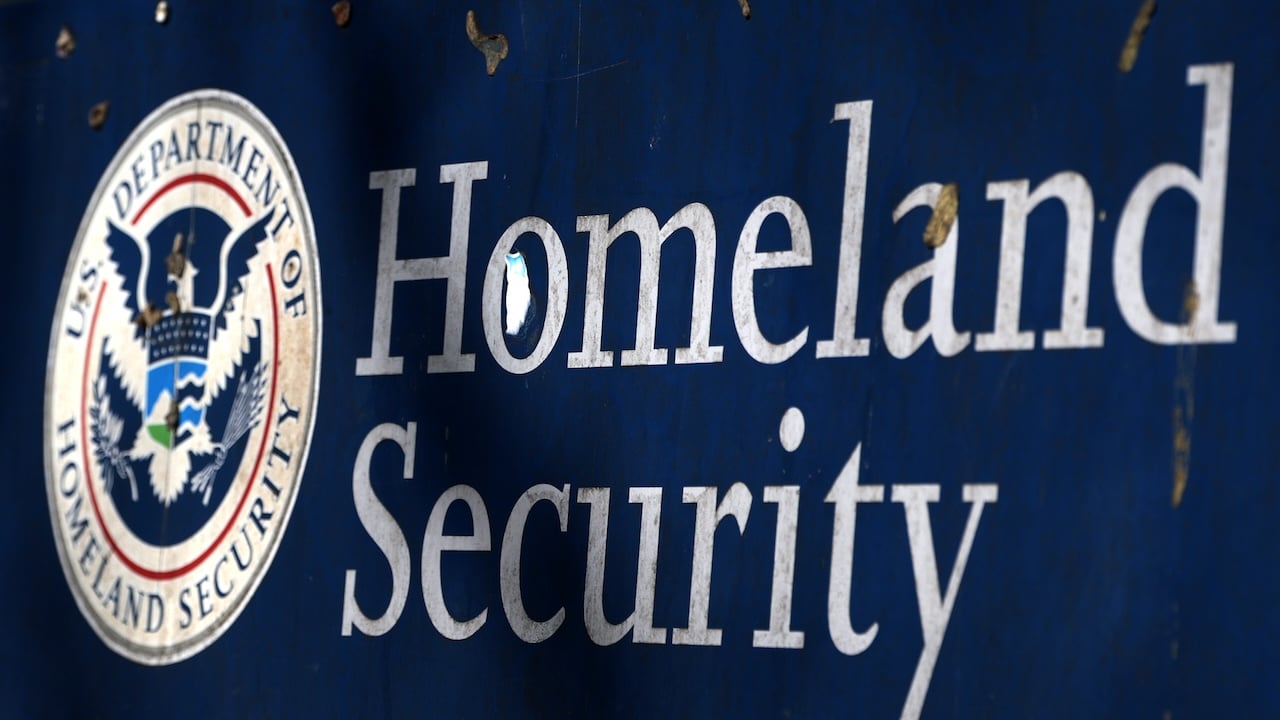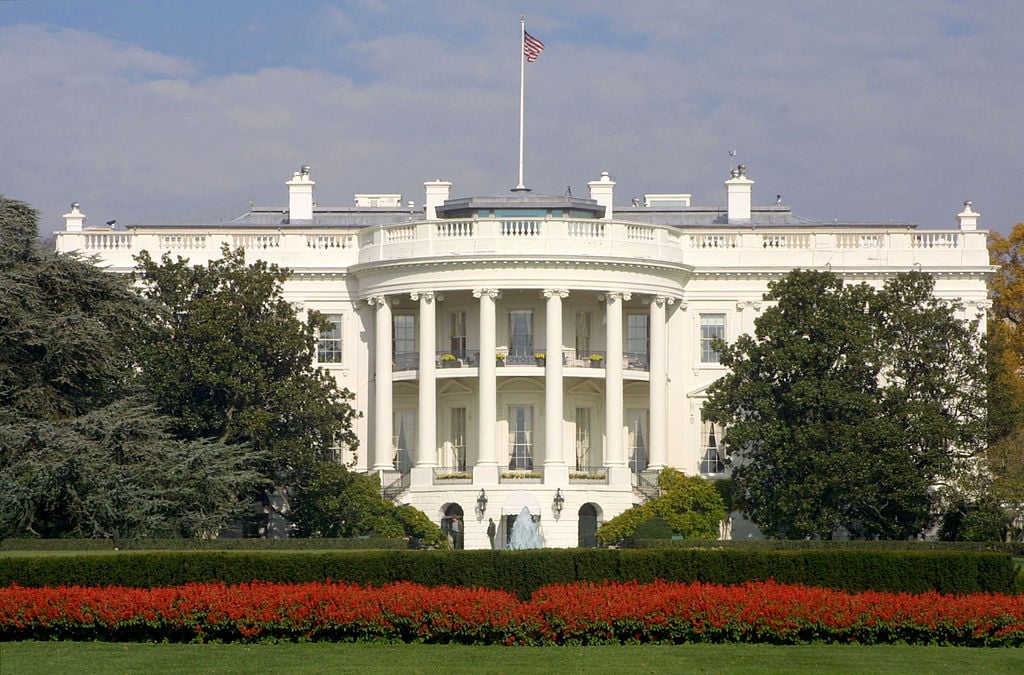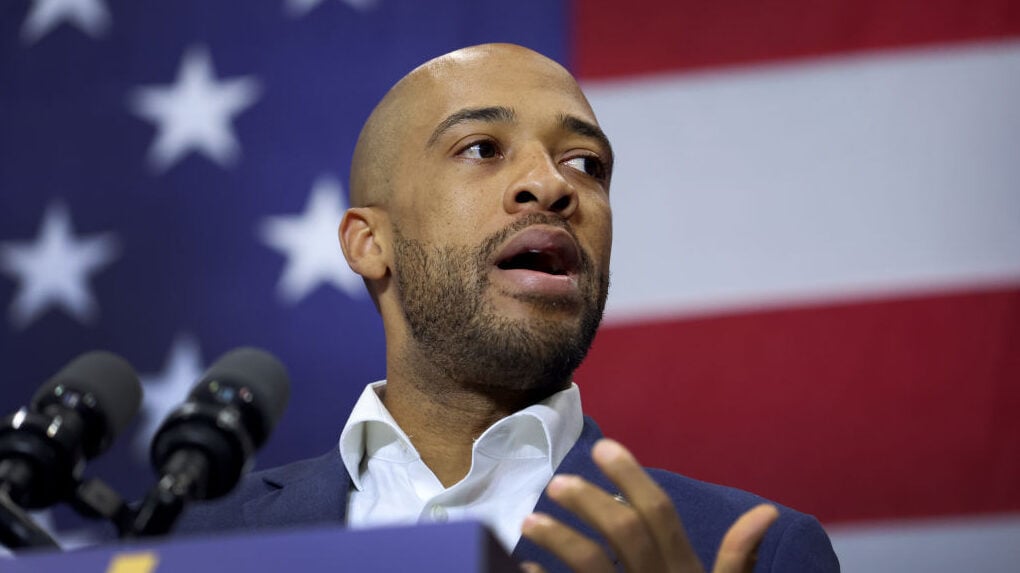Senate Reaches a Potential Deal to Reopen the Government — But Who Really Wins?

After 40 days of a shutdown, a tentative bipartisan agreement to reopen the government has been proposed — yet the real benefits appear unevenly distributed.
What We Know
- The United States Senate brokered a deal late Sunday night to extend federal government funding through January, to end the longest U.S. shutdown in history.
- Key provisions in the deal include reversing mass firings of federal workers, guaranteeing back pay for furloughed employees, and reimbursing states that kept programs running during the shutdown.
- The agreement does not guarantee an immediate extension of the enhanced subsidies under Affordable Care Act (ACA) but instead promises a future vote in December.
- Moderate Democrats teamed with Republicans to back the deal, despite opposition from party leadership (Chuck Schumer) and progressive members.
- The agreement still faces hurdles: it must pass the House and then be signed by the President, leaving both legislative and executive processes in play.
TL;DR: The deal to reopen the government addresses some urgent needs (federal workers, funding flow) but leaves major policy issues (like health‑care subsidies) unresolved — meaning many may get relief, while others may get short-changed.
Unpacking “Who Wins”
Federal Workers & Contractors
For the tens of thousands of federal employees who were furloughed or working without pay, this deal offers tangible wins: back pay, job protections, and a promise that operations will resume. That is essential, and a clear benefit.
However, the deal gives no guarantee that future disruptions will not happen, nor does it fully cover the broader long‑term impacts (lost hours, stress, personal financial damage). So, while workers “win” in the short term, the broader conditions of their work remain uncertain.
States & Programs
States that had to step in during the shutdown — maintaining food aid, unemployment services, other federal‑state programs — get reimbursed. That relieves pressure on state budgets and local services.
Again: win for those states and local agencies. But for communities that endured service disruption (especially low‑income, Black and brown communities) the damage may be more extensive including missed benefits, delayed services, and increased instability that cannot be undone simply by reimbursement.
Congress & the Political Class
Here is where the bigger paradox appears: the deal allows Congress (and adjacent bodies) to resume work, restores the flow of federal monies, and lets leadership claim “we got the government back open.” That is a political win.
But for many, the question is: at what cost? The decision to reopen before resolving major policy fights signals that getting back to business may have been prioritized over ensuring Americans get what they need to sustain their livelihood.
Health Care & Everyday Americans
This is the area where “no win” or a “deferred win” looms largest. The very subsidy issue that ignited the shutdown standoff (enhanced ACA credits) is still unresolved. Without a guarantee, millions face higher premiums, out‑of‑pocket costs, and the potential of being priced out of care.
For Black and brown communities, who historically bear greater burdens in health‑care access, cost, and outcome disparities, this is not a neutral delay. It may deepen inequities.
Why This Matters
For Black, brown, and working-class communities who bear the brunt of federal disruptions, this shutdown was not just a political standoff — it was a direct hit to survival. Delays in food assistance, housing support, childcare subsidies, and unemployment benefits ripple fast when you are already navigating systemic barriers. And when the government reopens without resolving core equity issues, it sends a clear message about who gets prioritized and who is expected to keep waiting.
This deal restores government function, but not necessarily justice. It buys time, but does not full solutions. The unresolved ACA subsidy issue is especially critical as the subsidies help make health care affordable for millions. A delayed vote means delayed relief, and for some, it could mean losing coverage altogether.
If the new appropriations deal passes the House and is signed by Trump, the focus must shift to what happens next:
- Will the “promised” December vote on subsidies deliver meaningful action or will it be performative?
- Will federal‑worker protections be robust enough to prevent future shutdowns. Will impacted workers get support beyond back‑pay (mental‑health, savings, disruption compensation)?
In short: reopening this government is step one. But the larger question is: Who benefits from reopening, and who still waits?
Reopening the government without restoring those protections reinforces a pattern, one that uses marginalized communities as bargaining chips in political games. This is why we must stay vigilant, stay loud, and keep organizing. Sustainable equity does not come from temporary deals. It comes from sustained pressure, rooted in truth and led by community.
What's Your Reaction?
 Like
0
Like
0
 Dislike
0
Dislike
0
 Love
0
Love
0
 Funny
0
Funny
0
 Angry
0
Angry
0
 Sad
0
Sad
0
 Wow
0
Wow
0








